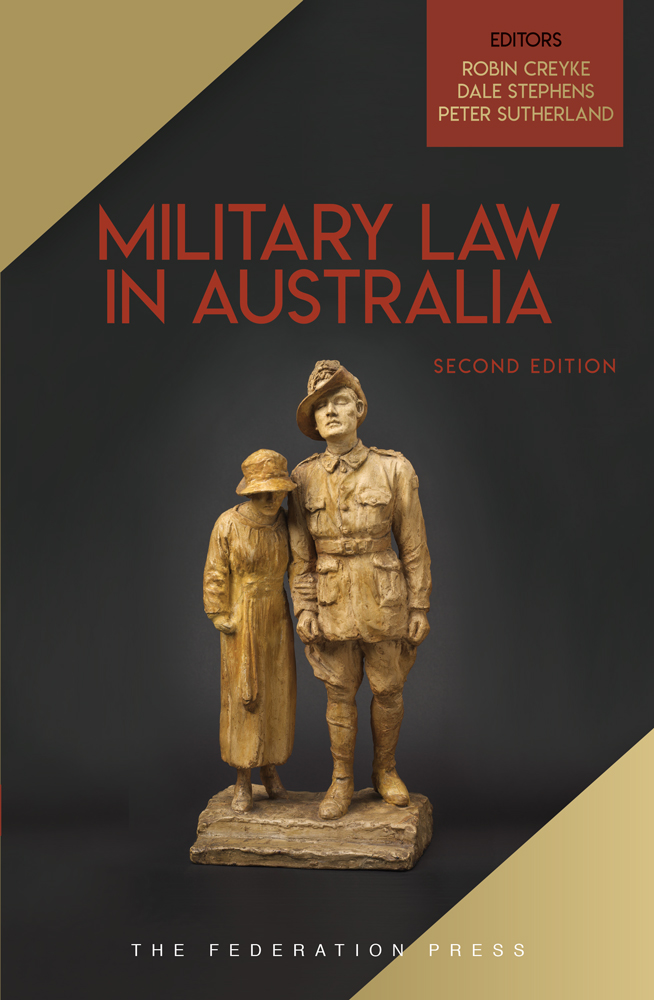Photo: © Courtesy of The Oslo Times
Federations are in a state of flux globally, and Australia’s federation is no exception. As policy demands change and funding pressures mount, federal reform is always on the agenda. Yet, as demonstrated by the failure of recent reform attempts, change is never easy. This book takes a fresh look at the challenges and options facing would-be federal reformers. It brings together experts from a variety of backgrounds, many of whom argue that, for reform to succeed in an enduring way, it must engage meaningfully with the citizenry to evolve policy structures in tax, government service delivery and intergovernmental collaboration. Accordingly, many chapters focus on placing the recent Reform of the Federation White Paper process in its domestic and international context. Some chapters explore the desirable values underpinning federal reform. Others detail practical considerations around dividing roles and responsibilities between levels of government, intergovernmental collaboration and financial relations. Still others examine how to engage the public in participation and deliberation over the reform process. This book arrives at a crucial time in federal reform and provides a unique interdisciplinary contribution to the federalism literature.
Foreword by The Hon Peter Beattie AC
Acknowledgments
List of Tables
List of Figures
Abbreviations
About the Contributors
Introduction
Mark Bruerton and Robyn Hollander
Part I: Roles and Responsibilities in the Federation
1. Beyond ‘Sovereign Spheres’: Public Officials’ Views on Allocating Policy Responsibilities in the Australian Federation
Rodney Smith and AJ Brown
2. Policy Coherence Across the Education Continuum in Australia: Understanding and Improving Service Delivery
Bronwyn Hinz
3. Why Local Government Matters
Roberta Ryan
4. The Thawing Continent: The Changing Role of Local Government in a People’s Federation
Bligh Grant and Joseph Drew
Part II: Models for Collaboration and Cooperation
5. Heads I Win, Tails You Lose: Intergovernmental Negotiation in Australia and the US
Carol S Weissert
6. Working Together: Policymakers’ Opinions on Improving Intergovernmental Collaboration in Australia
Tracey Arklay, Mark Bruerton and Robyn Hollander
7. Bridging Sovereign Spheres through Professional Networks and Lively Publics in the Realm of Mental Health Policy
Amanda Smullen
Part III: Federal Financial Relations
8. The Fiscal Predicament of Australian Federalism
Alan Fenna
9. The Failure of the Federalism Reform Process and its Financial Implications for the Australian States
Richard Eccleston and Neil Warren
10. Two Ideas for Renewal of Australia’s Fiscal Federal Democracy
Miranda Stewart
Part IV: Future Reform and Engaging the People
11. Obstacles to Federalism Reform in the United States
John Kincaid
12. Reforming Australian Federalism: The White Paper Process in Comparative Perspective
Nicholas Aroney
13. Practitioners’ Opinions on Barriers to Reforming the Federal System
Mark Bruerton and Paul Kildea
14. Deliberating Federalism: Can the Australian Public Help Resolve Federalism’s Triple Challenge?
Jacob Deem
15. Deliberating about Reform: Involving ‘Ordinary’ Citizens in Federation Redesign
Scott Brenton and Sophie Reid
16. A People’s Federation? Populism, Deliberation and Federal Reform
Ron Levy
Conclusion: Grand Bargain or Slow Grind? The Challenges and Opportunities of Federal Reform
AJ Brown
Index







